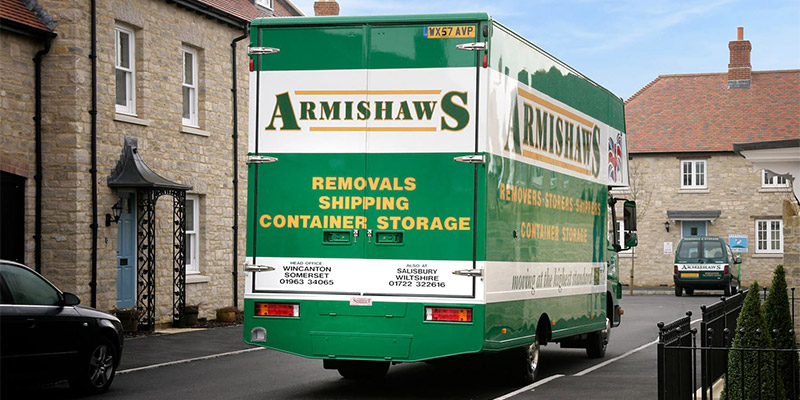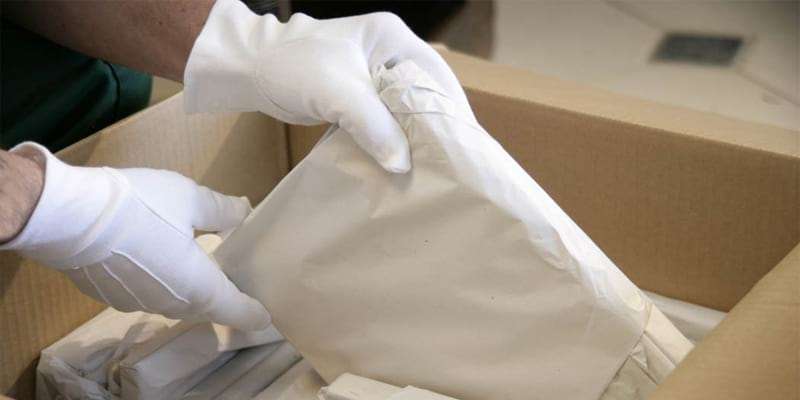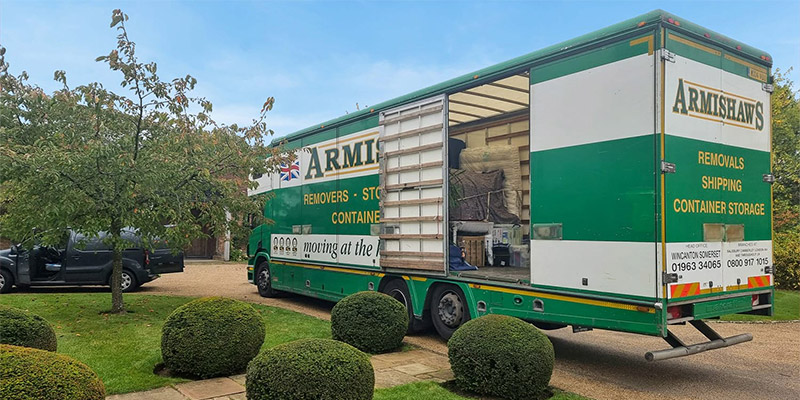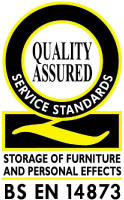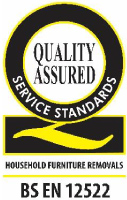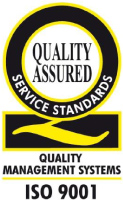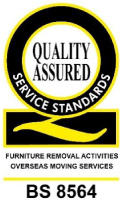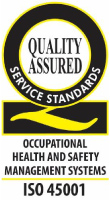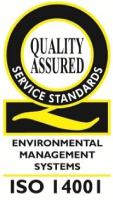Driving In Switzerland
Stretching over 83,000 km km, Switzerland’s road network and Autostrassen (national highways) include what are widely regarded as some of the most spectacular and scenic driving routes in the world.
The roads are generally very well maintained and driving in the country is considered one of the many reasons to opt for a move to Switzerland.
Drivers & Licences
- You can use a UK driving license in Switzerland for up to 12 months.
- Any license issued within the European Economic Area (EEA) can be exchanged for a Swiss license without the need to take a test.
- If you are using a non-Swiss license, it must be in one of the official Swiss languages; French, German, Italian or Romansh. If not, you are required to carry an International Driving Permit (IDP) or official translation.
- The minimum age to drive a car is 18, generally, car hire companies require drivers to be over 21.
- The minimum age to drive a motorbike (up to 11kw power) is 16, however there are ongoing political discussions to revert the age back to the previous limit of 18, due to an increase in traffic incidents.
Exemptions
There are exemptions if;
- You’re working at CERN
- Are working for one of the major international organisations such as the UN, WHO, WTO, WWF, EU.
Importing Your Car
When importing a car, you are legally required to provide;
- Invoice and/or contract of sale.
- Vehicle registration document.
- Proof of identity (passport, identity card).
- Import customs declaration (e-dec declaration).
- Valid MOT – Your vehicle may be required to undergo a Swiss vehicle check.
- Your car must display stickers.
- You’re also required to have at least third-party insurance before you can drive on Swiss roads.
Import tax on new cars (under 12 months old) is 4% of the value of the vehicle. In general, older vehicles for personal use are exempt from import charges and custom duties.
Vehicles must be CO2 compliant.
We recommend buying a vehicle in Switzerland or simply renting a car on lease. Left-hand drive are better suited to provide clearer sightlines.
For current legal requirements on importation, visit the Swiss federal website.
Insurance
Like the UK, you are legally required to have third-party liability insurance for your vehicle to be able to drive on Swiss roads.
Road Tax
Your car must be registered and you are required to pay road tax known as Vignettes. Cameras scan road networks and like the UK system, untaxed vehicles will face a fine.
There are some toll roads where additional payment is required, including some tunnels and bridges.
Safety Requirements
Cars are legally required to carry a safety/warning triangle.
Snow chains/tyres are also a legal requirement in certain areas, usually indicated by road signs.
Breakdown Recovery
One of the leading breakdown services is the TCS, https://www.tcs.ch/, who also provide legal advice and training courses for things like winter driving.
On the move? Get a fast quote.
Read more…
All the above information was correct at the time of writing. Swiss legislation is liable to change and we recommend you check with the correct Swiss authorities and service providers for the latest details.



